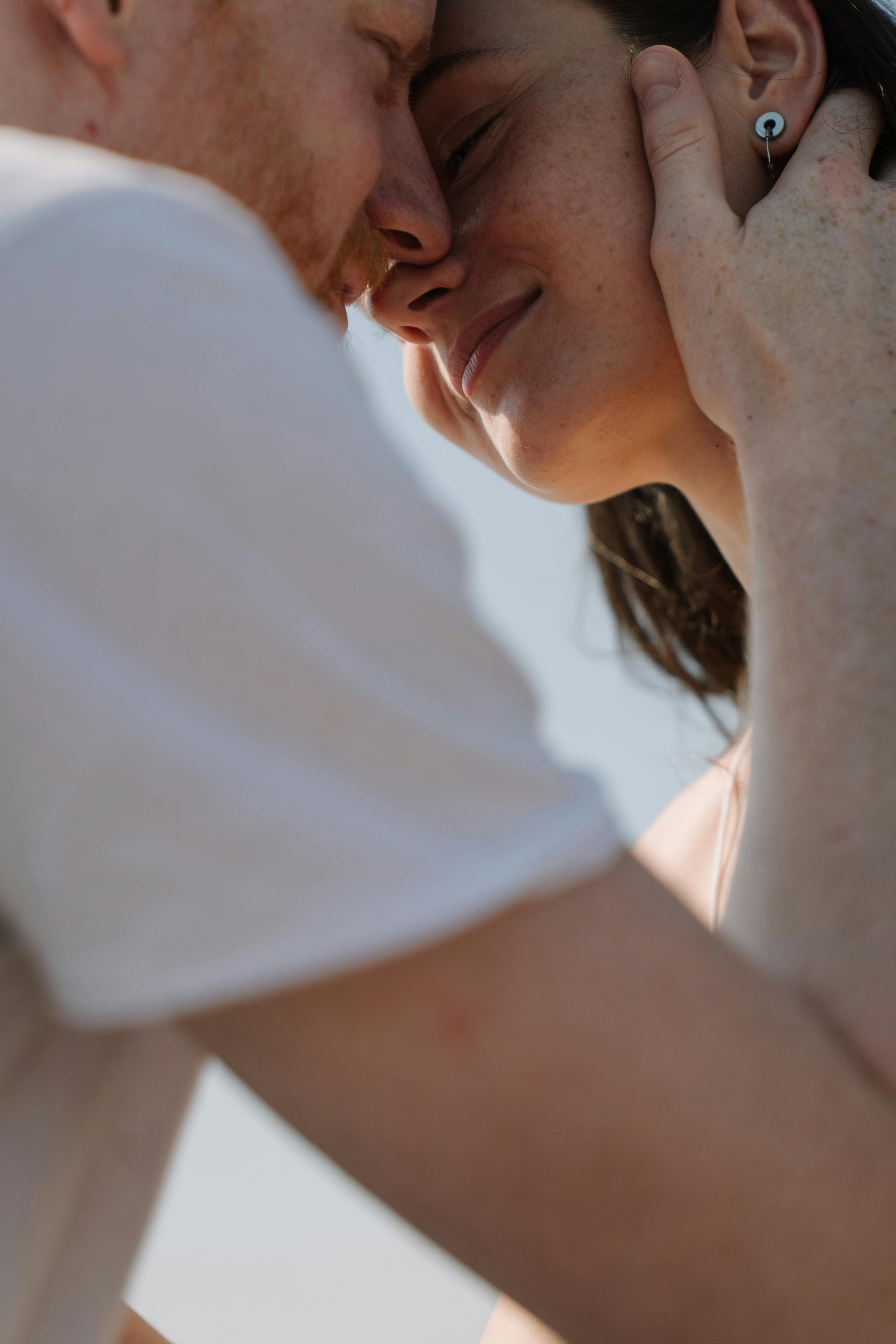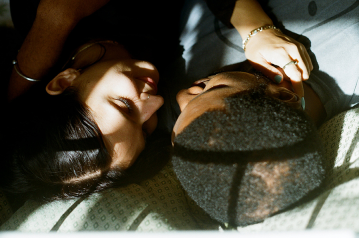Why do I feel guilty about not using all of my embryos?

If you’ve gone through IVF in the US, you already know: this process is about so much more than science and medicine. It’s needles, appointments, bills, hope, grief, and choices you never imagined having to make. One of the hardest ones? What to do with your frozen embryos when you’re not planning to use them all.
Maybe you’ve already had your baby (or babies) and your family feels complete. Maybe the emotional, physical, or financial toll of IVF has left you knowing you can’t go through it again. But then there they are — your embryos, sitting in a storage facility, costing you money every year, and weighing on your heart every day.
And suddenly you’re left with a question you never thought you’d be wrestling with: What do I do with my embryos?
And then comes the guilt.
Why you might feel guilty about unused embryos
Guilt doesn’t mean you’re doing something wrong — it usually means you care. In IVF, embryos aren’t just cells in a lab. They represent your pain, your resilience, your hope, your money, your prayers whispered at 2 a.m. They symbolize the potential for life, and potential is powerful.
That’s why letting go—or even considering not using them — can feel like a betrayal of all you went through to create them.
On top of that, the conversation about embryos in the US is loud and loaded. Some people call embryos “just tissue.” Others consider them children. Politicians, religious groups, even strangers online all seem to have opinions. And you’re caught in the messy middle, trying to decide what’s right for you and your family. No wonder guilt creeps in.
The weight of the decision
If you’re in the US, you also have the added layer of cost. Storing frozen embryos can run $500–$1,000 per year depending on your clinic or storage facility. That’s a significant amount of money to keep paying if you’re not planning to use them.
Your options generally look like this:
- Continue storing them (and paying the annual fees)
- Transfer them — even if you’re unsure about growing your family
- Donate them to another family (sometimes called embryo adoption)
- Donate them to science or medical research
- Thaw and allow them to stop developing (sometimes referred to as “discarding embryos”)
Each choice comes with its own emotional baggage. There’s no universal “right answer.” Which means that no matter what you decide, it’s normal to question yourself, to feel conflicted, and yes — to feel guilty.
How to cope with the guilt
Here’s the part where we tell you what we’d tell our best friends: guilt isn’t proof you’re making the wrong choice. It’s proof that this matters to you.
- Acknowledge what your embryos represent. They are not “just leftovers.” They carry years of effort, love, and resilience. You’re allowed to grieve them.
- Separate possibility from responsibility. Just because an embryo has potential doesn’t mean you owe it your body, your mental health, or another decade of parenting if that’s not right for you.
- Seek support. Talk with your partner, a fertility therapist, or even others in the infertility community who’ve faced the same decision. Saying the scary thoughts out loud often makes them feel less suffocating.
- Give yourself permission to choose. Your family, your body, your future — your call. You’re not selfish for protecting your wellbeing.
A truth you might need right now
You did everything you could with the tools, resources, and hope you had at the time. The embryos you created came from love and courage. That will always matter, regardless of what you choose now.
Feeling guilty is human. But guilt doesn’t have to dictate your decision. Compassion — for yourself, your body, your family — should.
So if you’re staring at that embryo storage bill in your inbox or lying awake at night wondering what to do, know this: you’re not the only one. And whatever you decide, it doesn’t erase what you’ve already fought through or the family you’ve built.
You are not failing. You are making the best choice you can in a situation you never thought you’d be in. That is more than enough.
If you’re struggling with what to do next, you might want to talk to your fertility clinic about your options or connect with a therapist who specializes in reproductive mental health. You don’t have to carry this guilt on your own.
With our personalized Plans, we help you navigate every step of your treatment, and support you with therapy sessions and a dedicated advocate. Find out more and request your own customizable Gaia Plan.




.png)